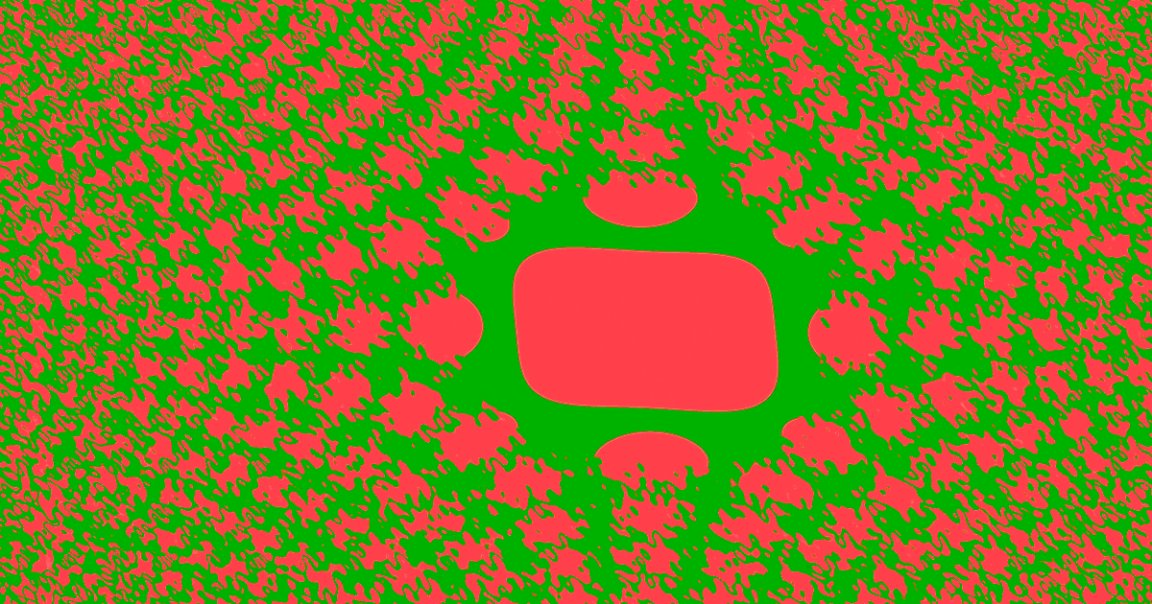
Quantum Funhouse
For the first time, scientists noticed that tiny fluctuations of quantum energy actually “kicked” a large mirror out of alignment — the first tangible impact of quantum noise at the human scale.
The nudge happened inside the LIGO gravitational wave detector. And while it’s a fascinating discovery, it actually poses a bit of a practical problem for the observatory’s continued research, according to a press release. Because of that, the LIGO team is now using something called a “quantum squeezer” to protect their research.
Enhance…
The mirror only moved ten zeptometers, or ten sextillionths of a meter, according to research published Wednesday in the journal Nature. That’s unimaginably far beyond the point of being imperceptibly small to the naked eye, but not for the sensitive equipment at LIGO.
“A hydrogen atom is 10^-10 meters, so this displacement of the mirrors is to a hydrogen atom what a hydrogen atom is to us — and we measured that,” Lee McCuller, a researcher at MIT’s Kavli Institute for Astrophysics and Space Research, said in the release.
Constant Barrage
LIGO researchers are using the quantum squeezer — which tunes the quantum noise to a specific, nondisruptive frequency — to prevent future interference and factor the background quantum noise out of their data analysis, but the monumental discovery doesn’t elude them.
“What’s special about this experiment is we’ve seen quantum effects on something as large as a human,” Nergis Mavalvala, associate head of the physics department at MIT, said in the release. “We too, every nanosecond of our existence, are being kicked around, buffeted by these quantum fluctuations.”
“It’s just that the jitter of our existence, our thermal energy, is too large for these quantum vacuum fluctuations to affect our motion measurably,” she added.
READ MORE: Quantum fluctuations can jiggle objects on the human scale [MIT]
More on quantum noise: Strange Theory: Entire Universe Structured by “Quantum Static”